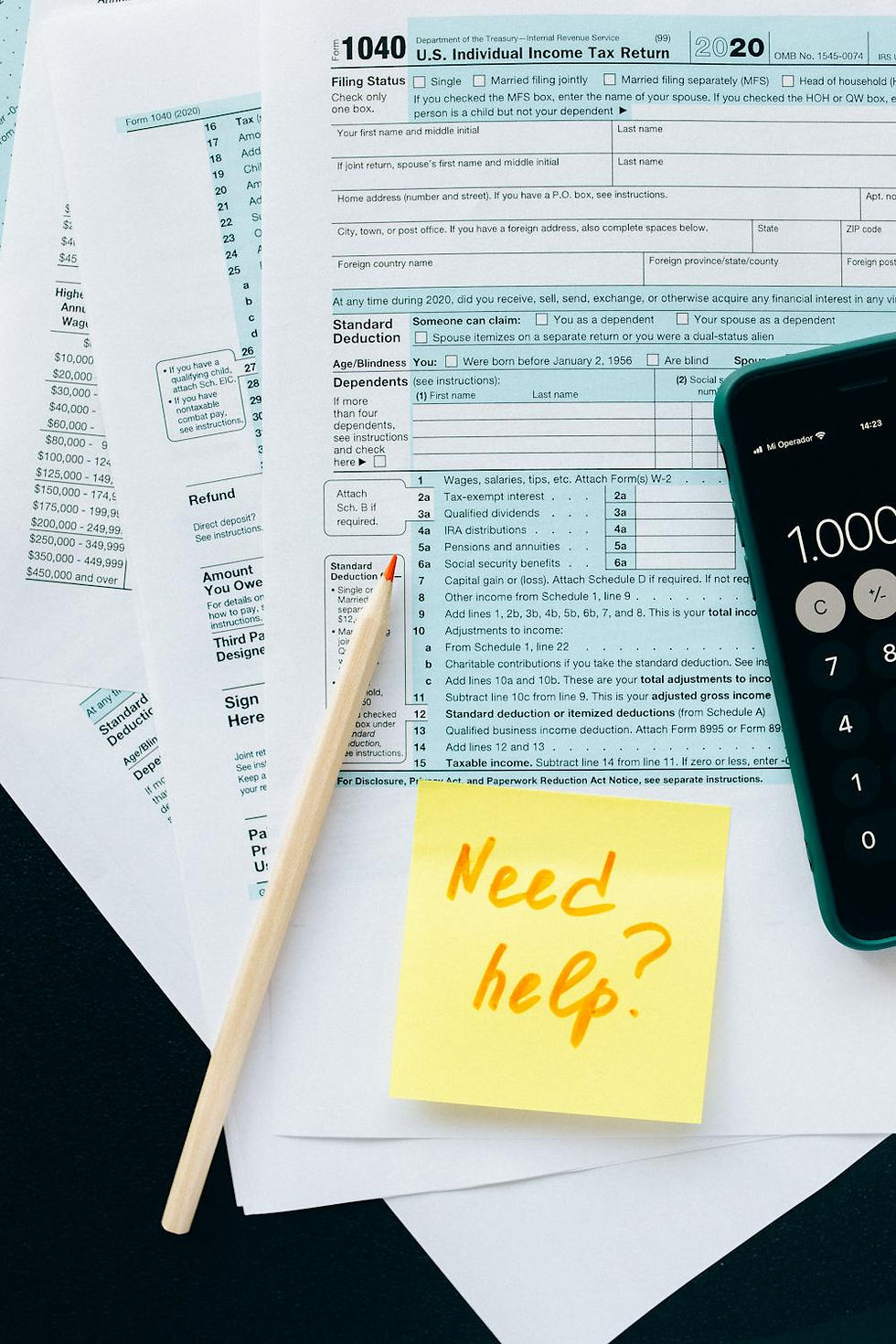What impact does Trump's tax reform—the One Big Beautiful Bill Act—have on taxpayers?
- Sincerus Advisory
- Jul 29, 2025
- 2 min read
The One Big Beautiful Bill Act (OBBBA) introduced numerous tax reduction measures. Some are extensions of President Trump's previous tax reform, now made permanent, while others are new provisions aimed at enhancing tax efficiency. This article explores how OBBBA affects taxpayers who hold real estate in the United States.
For Taxpayers Operating Real Estate Rental Businesses
Previously, individuals operating rental real estate through pass-through entities (such as LLCs, partnerships, or sole proprietorships) were able to claim a Qualified Business Income (QBI) deduction of up to 20% of their business income. Under the new bill, this QBI deduction has been made permanent.
However, in practice, claiming this deduction requires comprehensive documentation and records. Taxpayers must demonstrate that they are genuinely operating a rental real estate business. Simply owning a rental property and collecting rent each month does not qualify as a business activity.
To substantiate their rental business, taxpayers generally need to meet the following criteria:
At least 250 hours of rental services annually, including:
Processing tenant applications and lease agreements
Performing property repairs and maintenance
Supervising daily operations
Handling legal matters or evictions
Maintaining verifiable documentation, such as:
Dates and hours worked
Description of tasks performed
Supporting documents such as receipts, invoices, work orders, and emails
Income types that do NOT qualify as QBI:
Passive income such as dividends, interest, and capital gains
Wage income
Guaranteed payments to partners or compensation to S corporation shareholders
Rental income that does not constitute a trade or business
QBI Deduction Limitations
If a taxpayer's total taxable income exceeds a certain threshold (e.g., for tax year 2024: $383,900 for married filing jointly; $191,950 for other filers), the amount of QBI deduction will phase out or become limited. Additionally, foreign rental properties do not qualify for the deduction. If the tenant handles all property responsibilities, such as repairs, maintenance, and property taxes, the rental activity does not qualify as a business, and thus, the QBI deduction cannot be claimed.
For Taxpayers Holding Real Estate in the U.S.
One of the most significant changes in the OBBBA for real estate owners is the increased cap on the federal itemized deduction for state and local taxes (SALT). Previously, the deductible limit was capped at $10,000, regardless of filing status. Under the new act, the cap has been raised to $40,000, greatly benefiting property owners in high-tax states.
Here's an example to help explain the impact:
A married couple filing jointly in 2024 has a standard deduction of $29,200. Suppose they paid $40,000 in property taxes to the local government and had no other itemized deductions. Under the previous $10,000 SALT cap, itemizing deductions would not be advantageous. They would claim the standard deduction instead. Now, under OBBBA, they can deduct the full $40,000 in property taxes through itemization.
Tax savings:
Compared to the standard deduction, they get $10,800 more in deductions ($40,000 - $29,200).
If their marginal tax rate is 24%, they save $2,592 in taxes.
If they are in the 37% bracket, the tax savings rise to $3,996.
Conclusion
For taxpayers holding real estate in the U.S., especially those operating rental businesses through pass-through entities, the One Big Beautiful Bill Act offers powerful tax planning opportunities. By leveraging the QBI deduction and the expanded SALT cap, taxpayers can legally and effectively reduce their federal tax liability.




Comments